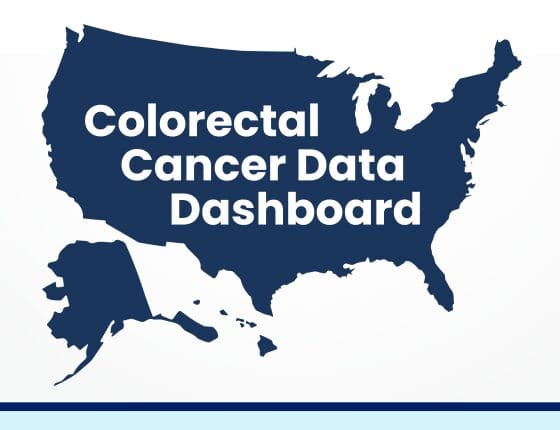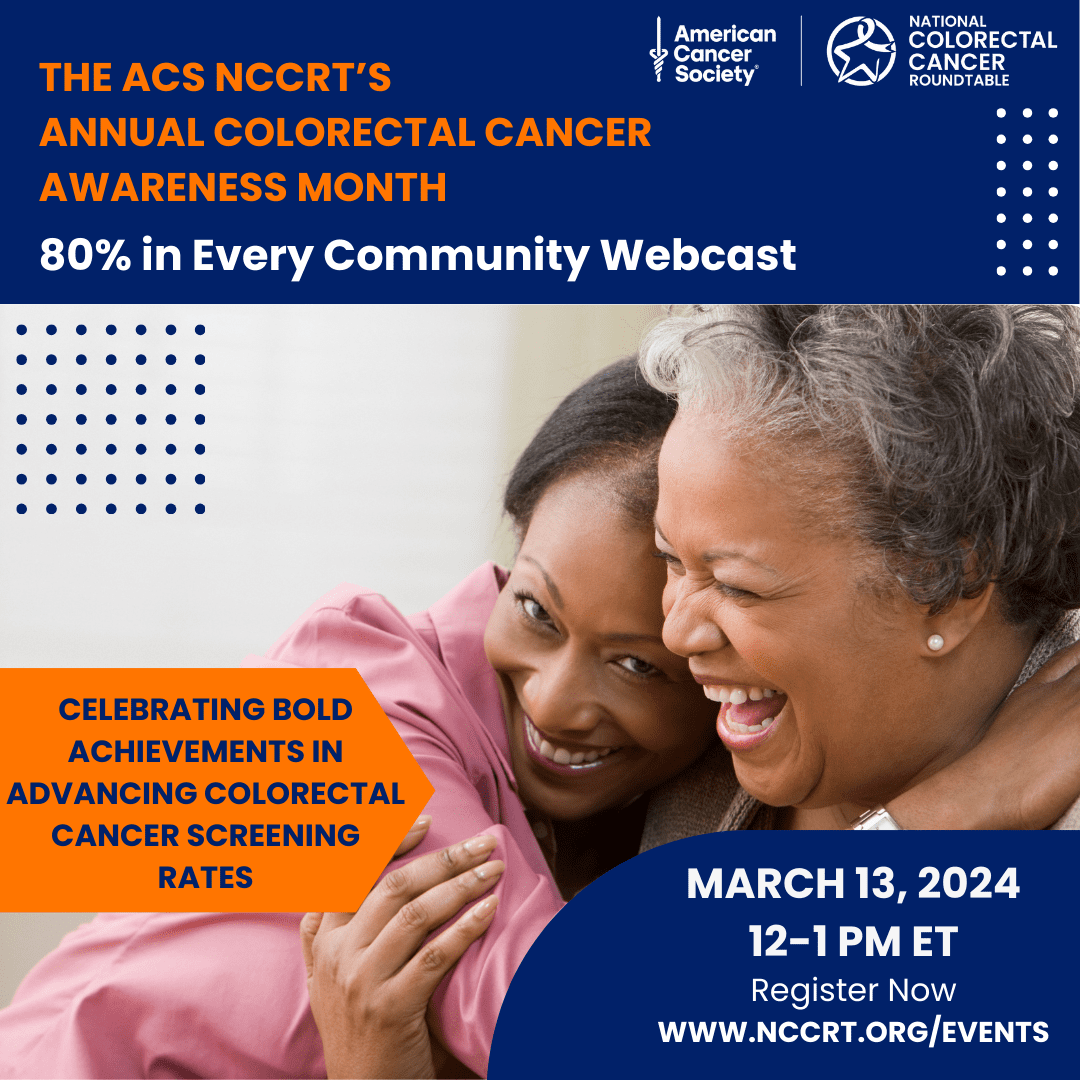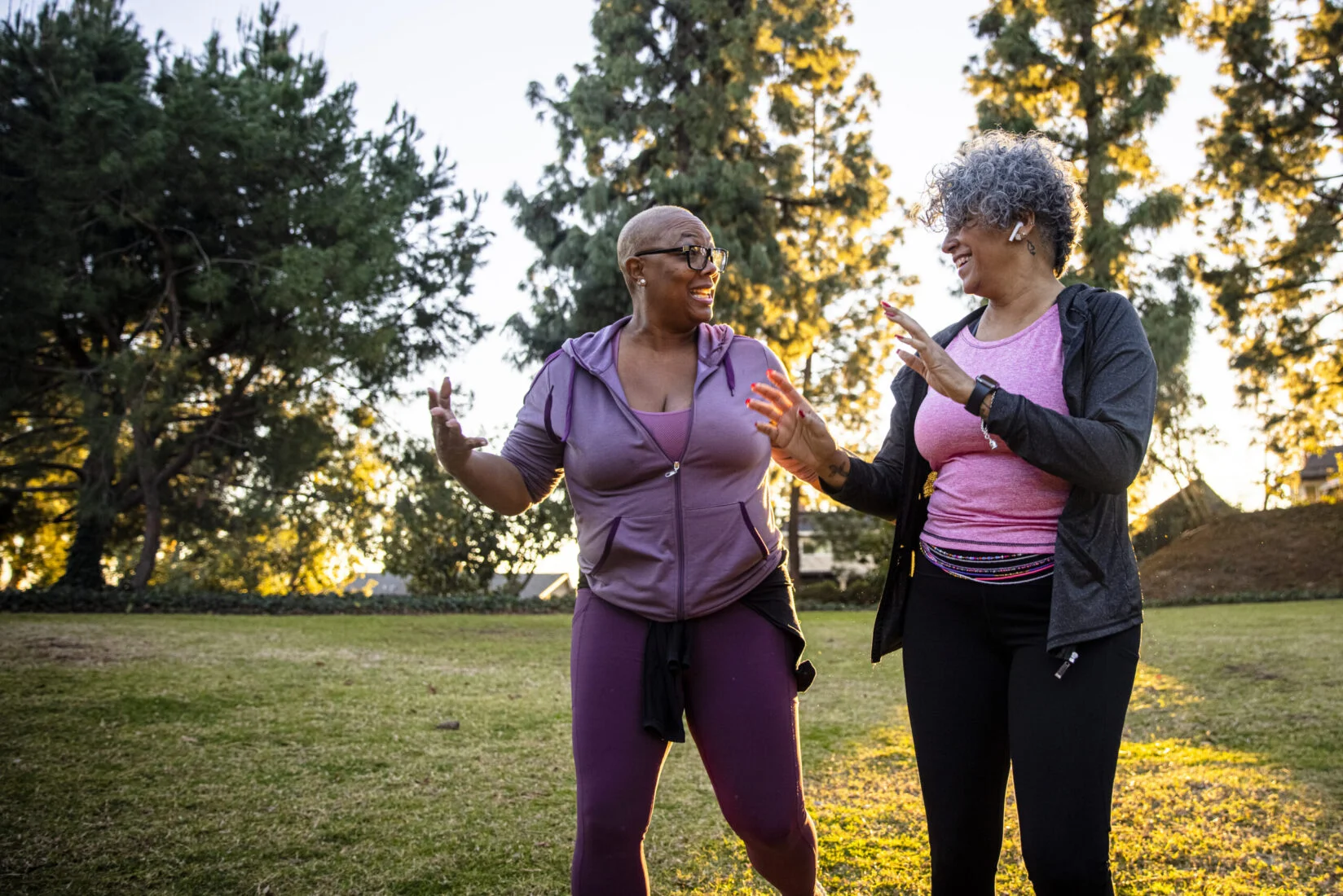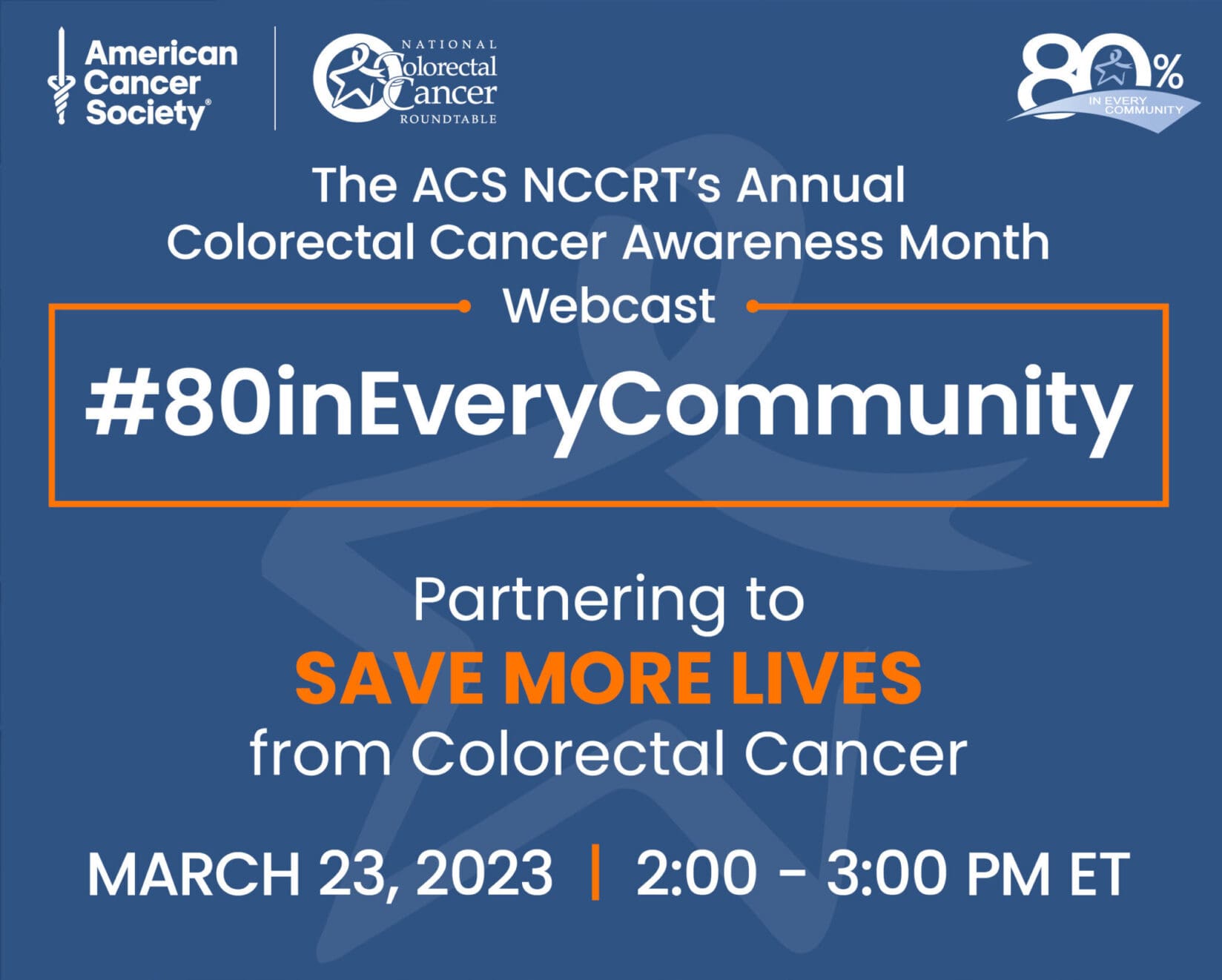Resource Type: Webinar

NEW!
New Resource Webinar: Colorectal Cancer Data Dashboard

NEW!
Blue Star Conversations – May 29, 2024

NEW!
2024 National Colorectal Cancer Awareness Month Webcast

NEW!
Blue Star Conversations – February 21, 2024

New Resource Webinar: Lead Time Messaging Guidebook

Blue Star Conversations – September 11, 2023

Blue Star Conversation – May 17, 2023

March 2023 Colorectal Cancer Awareness Month Webcast
